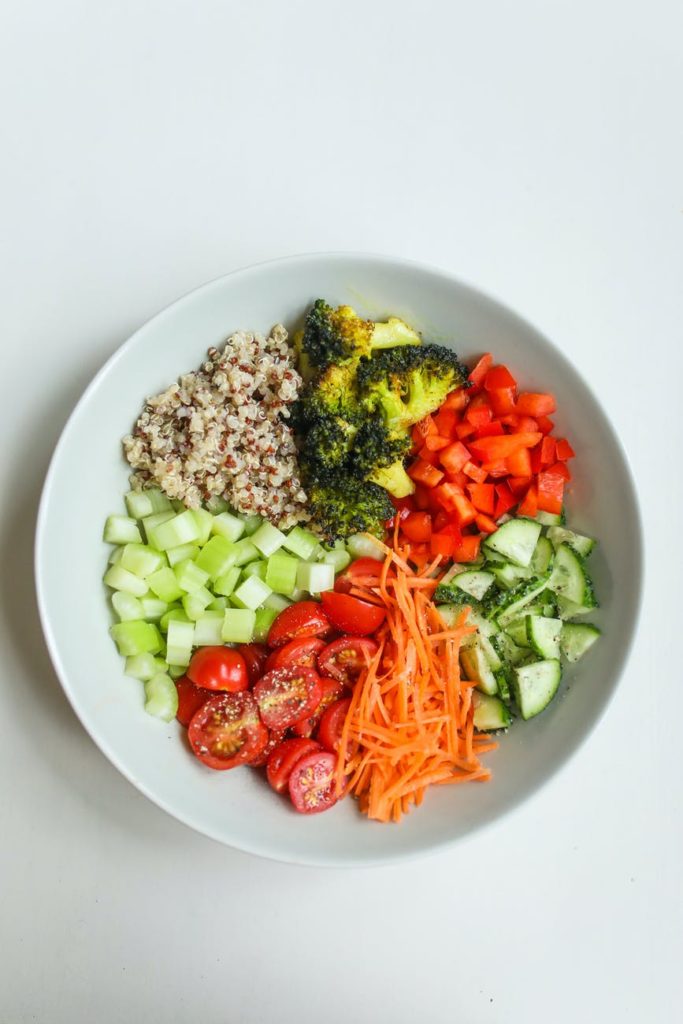After experimenting with various stores and methods of procuring groceries–read this prior post–we eventually settled into ordering about 80% of our groceries online for pick-up at Walmart and typically purchasing the remaining items at Whole Foods or Target. However, in recent weeks, Walmart, with its already limited selection of what we like to eat, has had many items out stock. Moreover, they have been making odd substitutions, not deducting returned items from our bill, and not including items for which we paid. Accordingly, we have shifted to shopping mostly at Target for the time being.
Yesterday, as I navigated the aisles of Target and looked at various food products, I noticed that the majority of the offerings were not that healthful. As a society, why are we buying so many unhealthful food products? Maybe we are buying them because we have developed varying degrees of addiction to ingredients such as sugar, salt, fat, caffeine or alcohol. Maybe cultural biases influence our food buying habits or we have other reasons for positive neuro associations with certain foods or drinks. Maybe we are programmed by crafty marketing or maybe we are just ignorant or simply unconscious. I don’t know.
What is the most important function of food? Nourishment. With proper nourishment, we can not only survive, but we can nurture the best version of ourselves physically and mentally. After nourishment, a distant second place value of food is social utility. With nourishment and social utility in mind, I’m conducting a two week experiment under which I will abide by Gustav’s Eating & Drinking Decision Matrix.
Gustav’s Eating & Drinking Decision Matrix
- Does the food/drink mostly contribute to my nourishment? If yes, I can proceed. If no, I go to the next question.
- Does it have social utility? If no, I do not proceed. If yes, I might proceed.
Let’s play this out with some examples.
To eat or not to eat Chips Ahoy chunky chocolate chip cookies while watching TV by myself?
- Does eating cookies mostly contribute to my nourishment? No.
- Does eating cookies by myself have social utility? No. ….. Conclusion: No cookies.
To eat or not to eat a cookie in the presence of my wife or a neighbor who baked it?
- Does eating the cookie mostly contribute to my nourishment? No.
- Would eating the cookie have social utility? Yes. Eating the cookie would show appreciation and create connection. I might allow myself to proceed to enjoy the cookie.
At a minimum, this experiment should cut down on mindless eating of low quality foods. We’ll see what happens over the next two weeks!
With Love,
P. Gustav Mueller, author of The Present
